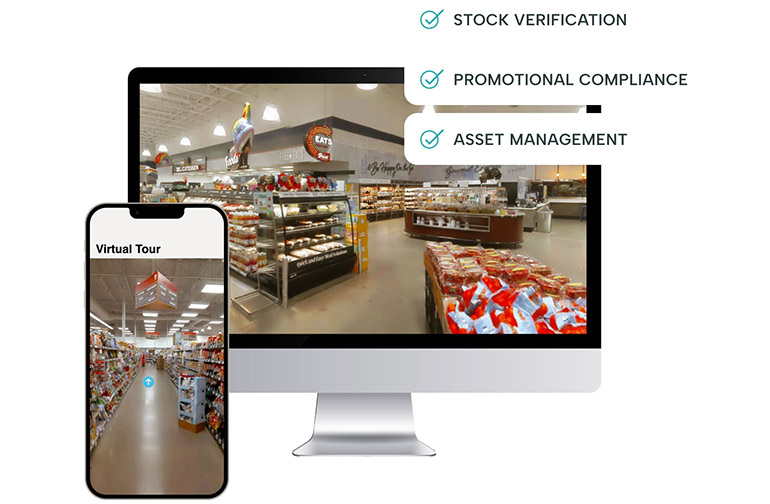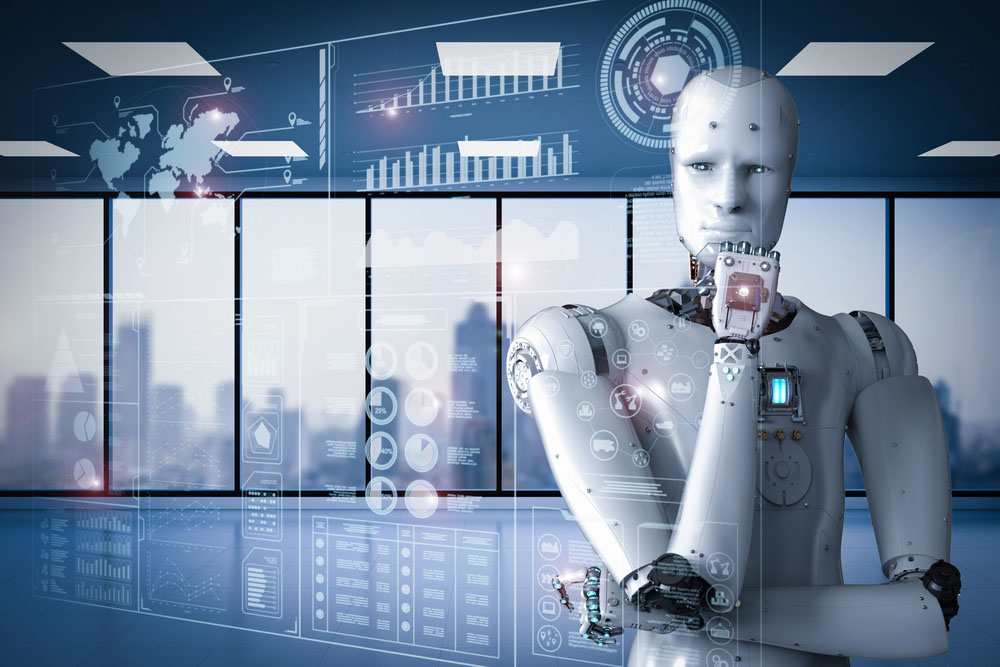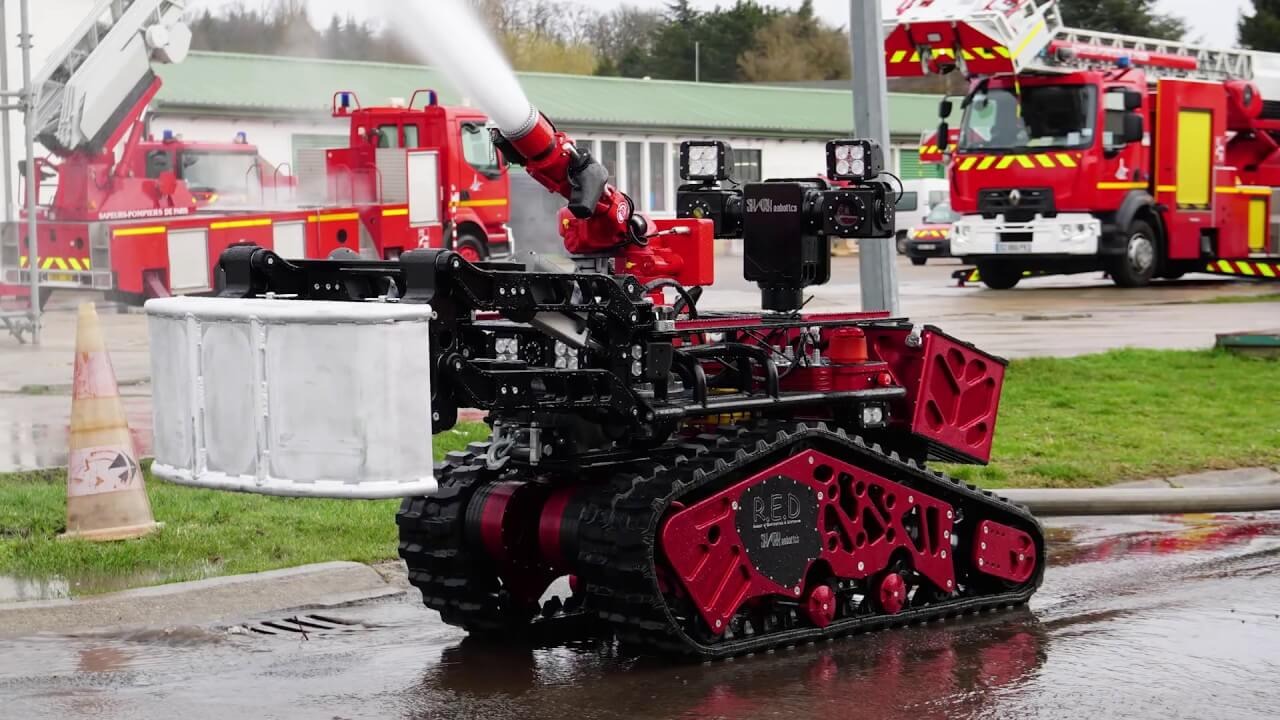Serve Robotics Inc., a pioneer in autonomous delivery solutions, has announced a significant expansion of its operations in Los Angeles, marking a new chapter in the company's growth strategy. The Redwood City, California-based firm is now bringing its innovative delivery robots to the vibrant neighborhood of Koreatown, further solidifying its presence in one of America's largest cities.
This expansion comes on the heels of Serve Robotics' successful initial public offering (IPO) in April, which raised an impressive $40 million. The influx of capital is being strategically deployed to enhance the company's partnership with Uber Eats and broaden its operational footprint. The move into Koreatown represents a calculated step in Serve's ambitious plan to deploy up to 2,000 robots by 2025, serving multiple U.S. markets through the Uber Eats platform.
Dr. Ali Kashani, co-founder and CEO of Serve Robotics, expressed enthusiasm about the expansion: "Tens of thousands of households in Los Angeles have experienced the convenience of autonomous delivery, with many hundreds of restaurants on Uber Eats serving their customers in a more sustainable and reliable way. We're excited to bring Serve to more customers in Los Angeles and beyond, as we scale our fleet and work to deploy up to 2,000 robots in 2025."
The choice of Koreatown as the next area for expansion was not arbitrary. Serve Robotics selected this neighborhood for its dense and vibrant commercial hub, growing residential community, and robust sidewalk infrastructure – all crucial factors for successful robotic delivery operations. The company has been working closely with local merchants in Koreatown to integrate them into the Uber Eats network, ensuring a smooth rollout of the service to neighborhood residents.
In parallel with its geographical expansion, Serve Robotics is also bolstering its technological capabilities. The company has extended its lidar supply arrangement with Ouster Inc., a leading provider of high-resolution digital lidar sensors. This partnership will equip Serve's next-generation robots with Ouster's advanced REV7 sensors, enhancing their performance and safety features.
Lidar technology plays a critical role in Serve's autonomy stack, enabling the robots to perceive their environment, identify their precise location, and navigate safely alongside pedestrians and other sidewalk users. The integration of Ouster's cutting-edge sensors is expected to improve the safety, speed, and cost-effectiveness of Serve's robot fleet.
Euan Abraham, Serve Robotics' chief hardware and manufacturing officer, highlighted the importance of this technological partnership: "Ouster's lidar has been integral to our success in commercializing Level 4 autonomy at scale. We've been impressed by the reliability and performance of lidars over the past several years and are excited to sign an extended agreement that provides us with cutting-edge technology for our next-generation robot."
The expansion into Koreatown and the strengthened partnership with Ouster are part of a broader strategy that includes Serve's recent agreement with Magna to manufacture delivery robots at scale. This multi-faceted approach – combining geographical expansion, technological advancement, and manufacturing capabilities – positions Serve Robotics for significant growth in the rapidly evolving autonomous delivery market.
As the company continues to scale its operations, it faces both opportunities and challenges. The success in Los Angeles could serve as a blueprint for expansion into other urban areas across the United States. However, Serve will need to navigate complex regulatory environments, address public concerns about robotics and automation, and continue to refine its technology to ensure safe and efficient operations in diverse urban settings.
The autonomous delivery sector is becoming increasingly competitive, with several companies vying for market share. Serve Robotics' early mover advantage, coupled with its strong partnerships and recent capital infusion, positions it well in this growing industry. As consumers become more accustomed to robotic deliveries, and as cities adapt their infrastructure to accommodate these new technologies, companies like Serve are poised to play a significant role in reshaping urban logistics and last-mile delivery.
The expansion into Koreatown marks not just a new chapter for Serve Robotics, but also a step forward in the broader narrative of how technology is transforming urban life and commerce. As these robots become a more common sight on city sidewalks, they herald a future where the intersection of artificial intelligence, robotics, and urban planning creates new possibilities for efficient, sustainable, and innovative city living.


















